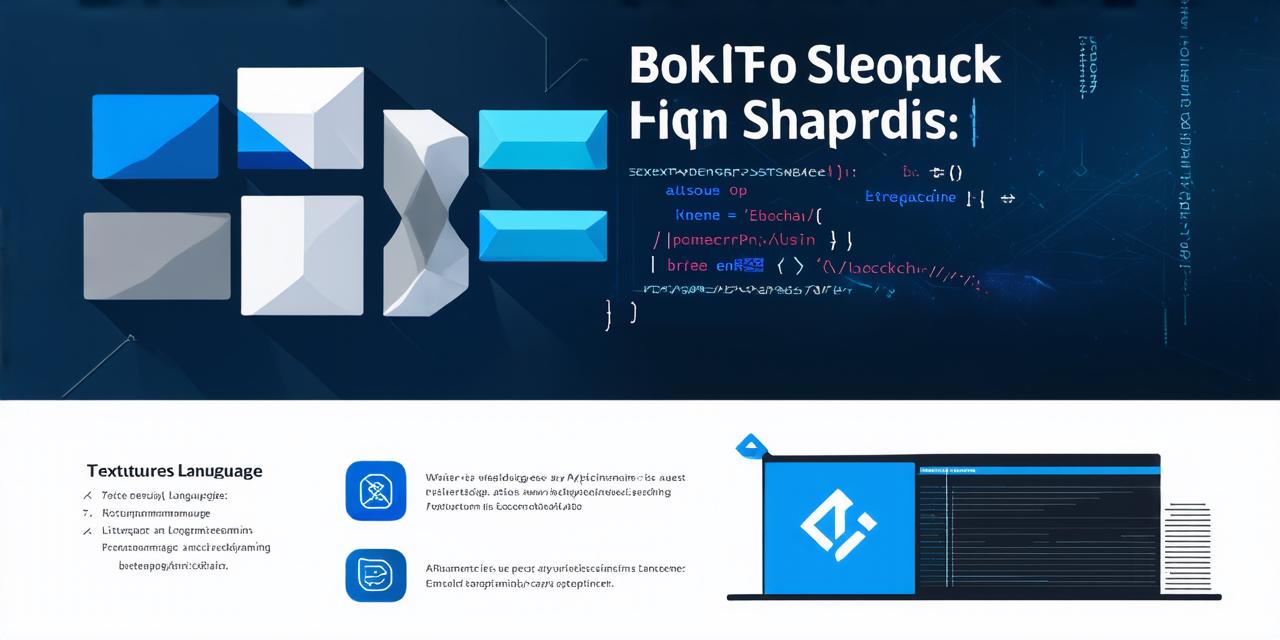Blockchain technology is gaining significant traction in various industries across the globe. One such industry that stands to benefit immensely from this revolutionary technology is healthcare. The decentralized, secure, and transparent nature of blockchain makes it an ideal solution for improving patient care, reducing costs, and enhancing data security. In this article, we will delve into the various ways blockchain can transform the healthcare industry.
What is Blockchain in Healthcare?
Before we dive into the benefits of blockchain in healthcare, it’s essential to understand what blockchain technology is. At its core, blockchain is a distributed ledger that records transactions securely and transparently. Each block in the chain contains a list of transactions, and once a block is filled, it is verified by multiple nodes in the network, making it virtually impossible to alter or tamper with the data.
Blockchain in Healthcare: Use Cases and Real-Life Examples
1. Medical Records Management
Medical records management is one of the most critical aspects of healthcare delivery. With blockchain technology, medical records can be securely stored and shared across different healthcare providers, ensuring that patients have access to their complete medical history at all times. This not only improves patient outcomes but also reduces administrative costs associated with managing medical records.
For instance, Gem, a blockchain company, has partnered with the MediLedger Project to create an interoperable blockchain platform for medical record sharing. The platform enables healthcare providers to securely share patient data and medical records, reducing the risk of errors and improving patient outcomes.
2. Clinical Trials Management
Clinical trials are a critical component of drug development. With blockchain technology, clinical trial data can be recorded securely and transparently, making it easier to track and verify the accuracy of the data. This not only improves the integrity of the clinical trial process but also reduces the risk of fraud and misconduct.
For example, Oraclize, a blockchain platform, has partnered with the European Medicines Agency (EMA) to develop a blockchain-based system for tracking and verifying clinical trials data. The system enables healthcare providers to securely share patient data and clinical trial information, improving the accuracy of the data and reducing the risk of errors.
3. Supply Chain Management
The pharmaceutical supply chain is a complex web of interconnected processes that require strict regulation and oversight. With blockchain technology, supply chain data can be recorded securely and transparently, making it easier to track the movement of drugs from manufacturer to patient. This not only improves product safety but also reduces the risk of counterfeit drugs entering the market.
For example, Pfizer has partnered with IBM to develop a blockchain-based system for tracking the movement of drugs in the supply chain. The system enables healthcare providers to securely share supply chain data, improving the accuracy of the data and reducing the risk of errors.
4. Payment Processing
Payment processing is a critical aspect of healthcare delivery. With blockchain technology, payment transactions can be processed securely and transparently, making it easier to manage claims and reimbursements. This not only reduces administrative costs but also improves the accuracy of payment processing.
For example, BitPay, a cryptocurrency payment platform, has partnered with the Medical Association of Georgia (MAG) to develop a blockchain-based system for managing medical claims and reimbursements. The system enables healthcare providers to securely share payment data, improving the accuracy of payment processing and reducing administrative costs.
5. Research Data Management
Research data management is a critical aspect of scientific research. With blockchain technology, research data can be recorded securely and transparently, making it easier to track and verify the accuracy of the data. This not only improves the integrity of research data but also reduces the risk of misconduct and fraud.
For example, the National Institutes of Health (NIH) has partnered with Gem to develop a blockchain-based system for managing research data. The system enables researchers to securely share research data, improving the accuracy of the data and reducing the risk of errors.
The Benefits of Blockchain in Healthcare
1. Improved Patient Outcomes
Blockchain technology can improve patient outcomes by enabling healthcare providers to securely share patient data across different healthcare providers. This not only improves patient care but also reduces the risk of medical errors and adverse events.
2. Reduced Administrative Costs
Blockchain technology can reduce administrative costs associated with managing medical records, clinical trials, supply chain management, payment processing, and research data management. This not only improves efficiency but also frees up resources for other critical aspects of healthcare delivery.
3. Enhanced Data Security
Blockchain technology provides enhanced data security by enabling healthcare providers to securely store and share patient data across different healthcare providers. This not only reduces the risk of data breaches but also ensures that patient data is protected from unauthorized access.
4. Improved Transparency and Traceability
Blockchain technology provides improved transparency and traceability by enabling healthcare providers to track and verify the accuracy of data. This not only improves the integrity of the data but also reduces the risk of fraud and misconduct.
FAQs
1. What is blockchain in healthcare?
Blockchain in healthcare refers to the use of blockchain technology to securely store and share medical records, clinical trial data, supply chain data, payment transactions, and research data across different healthcare providers.
2. How does blockchain improve patient outcomes in healthcare?

Blockchain improves patient outcomes by enabling healthcare providers to securely share patient data across different healthcare providers. This not only improves patient care but also reduces the risk of medical errors and adverse events.
3. What are some use cases of blockchain in healthcare?
Some use cases of blockchain in healthcare include medical records management, clinical trials management, supply chain management, payment processing, and research data management.
4. How does blockchain reduce administrative costs in healthcare?
Blockchain reduces administrative costs by automating various processes associated with managing medical records, clinical trials, supply chain management, payment processing, and research data management. This not only improves efficiency but also frees up resources for other critical aspects of healthcare delivery.
5. How does blockchain improve data security in healthcare?
Blockchain improves data security by enabling healthcare providers to securely store and share patient data across different healthcare providers. This not only reduces the risk of data breaches but also ensures that patient data is protected from unauthorized access.
Summary
Blockchain technology has immense potential to transform the healthcare industry. Its decentralized, secure, and transparent nature makes it an ideal solution for improving patient care, reducing costs, and enhancing data security. With use cases ranging from medical records management to research data management, blockchain can revolutionize the way healthcare is delivered. As we continue to navigate the ever-evolving landscape of blockchain in healthcare, it’s essential to remain vigilant, adaptive, and committed to leveraging this technology to improve patient outcomes and advance the



